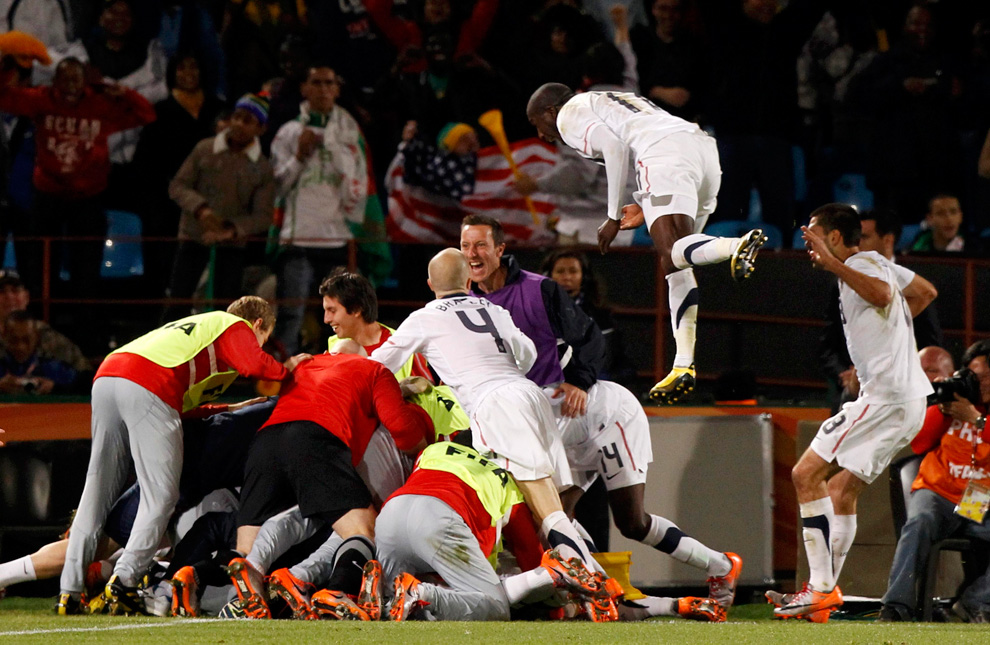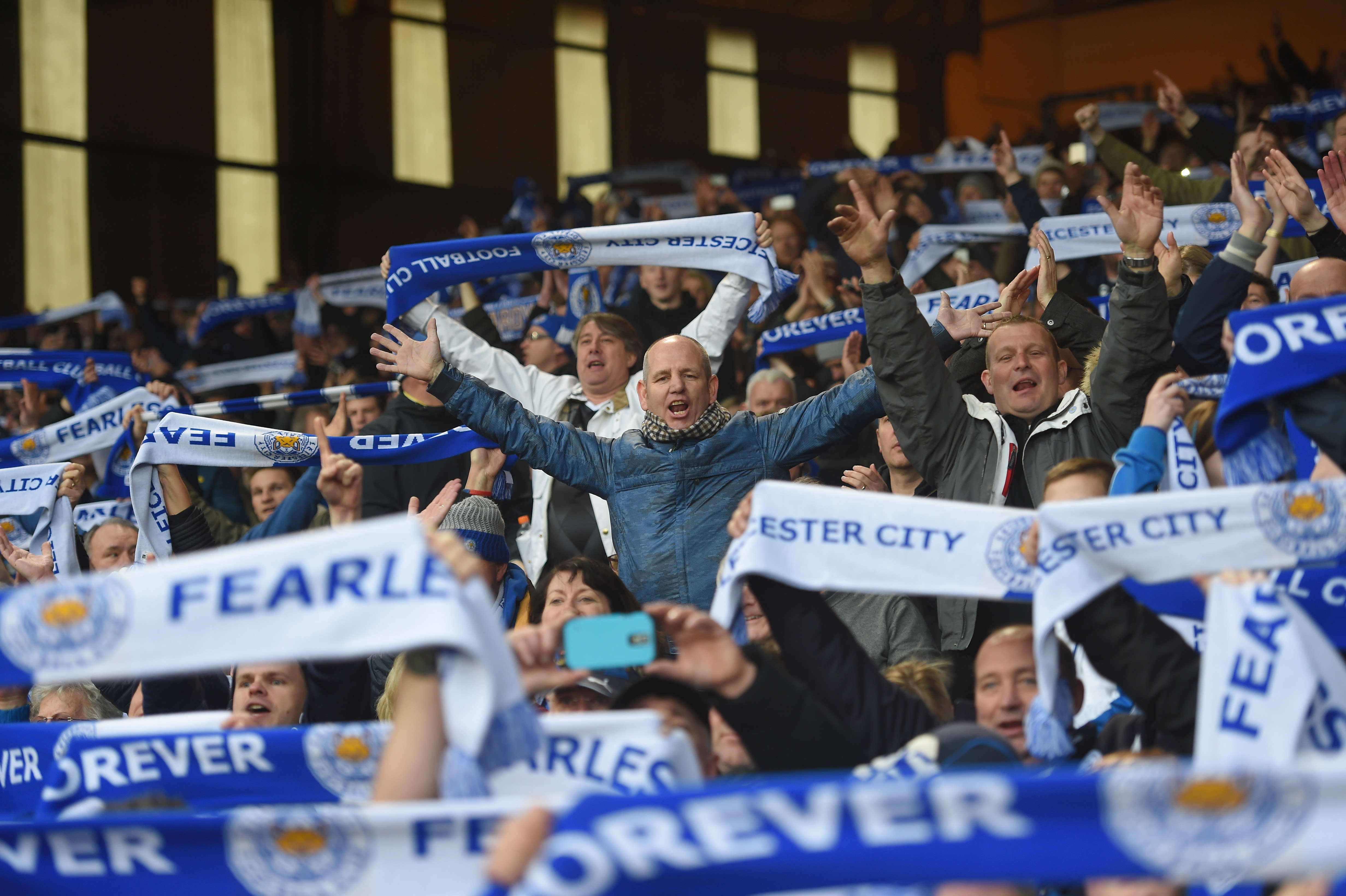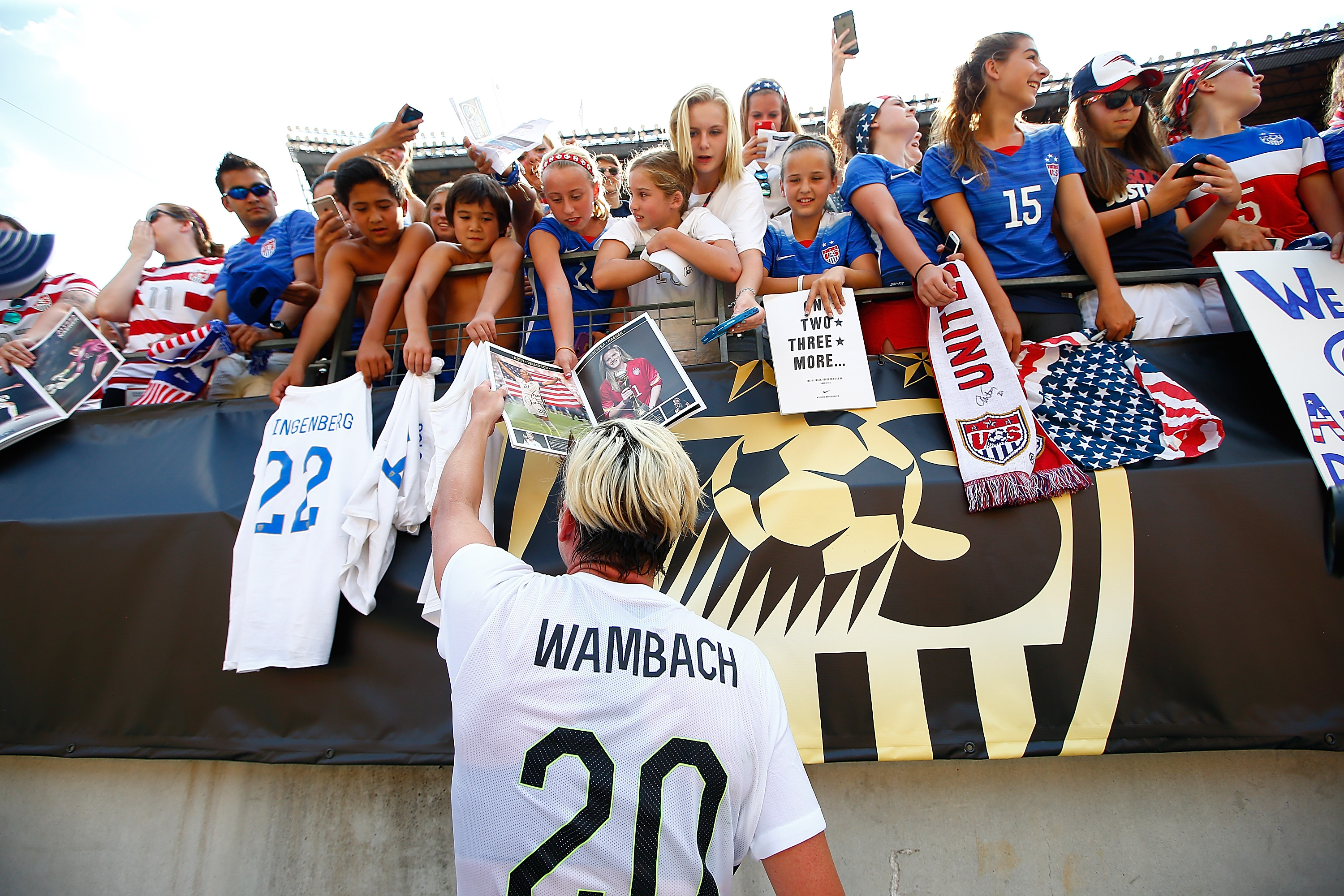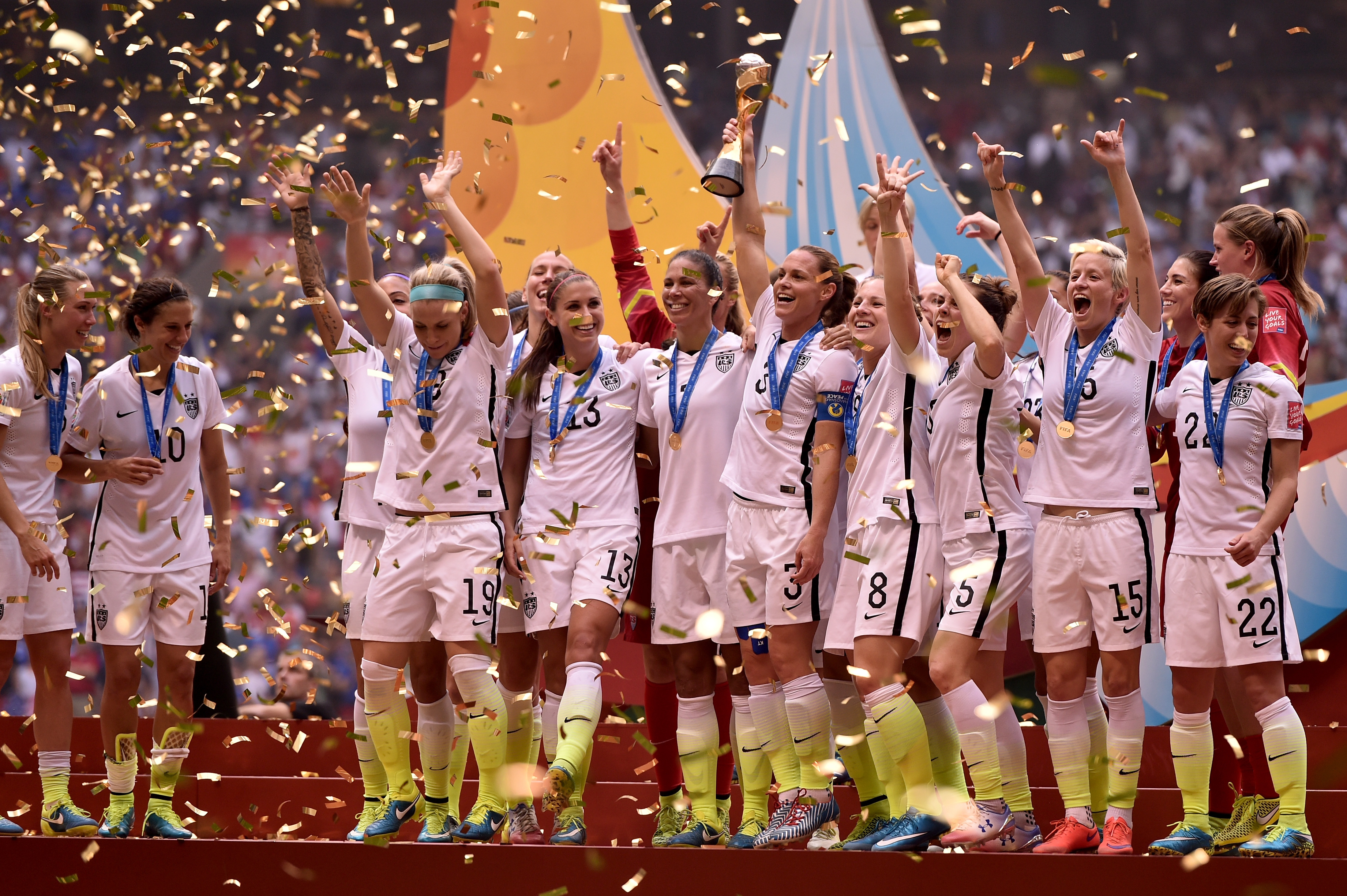A few weeks ago, billionaire owner of the Dallas Mavericks and a host of Shark Tank Mark Cuban set out to form the Professional Futsal League along with Mavs GM Donnie Nelson and a slathering of current NBA owners like the Nets and Lakers as well as the Mavericks as well as pro soccer teams with massive worldwide followings like Barcelona, Boca Juniors and Atletico Madrid. The goal would be to have 16 teams throughout the United States and start play in 2017.
Never one to turn a blind eye to a prime opportunity, Cuban has seen one in the ever expanding U.S. Soccer market. With MLS in its 21st year and the market for outdoor, traditional soccer stronger than ever, Futsal, a relatively unknown entity in the United States, may be the next step to soccer growth in the U.S.
For those who do not know, Futsal is an indoor version of soccer, typically consisting of 5 v 5 play. The easiest way to describe Futsal is it’s a mix of soccer and basketball. Both sports require a similar size court, same number of players and a relative combination of the rules. It’s also a nice revenue stream for NBA owners in their arenas during their offseason in the summer and early fall.
Futsal is quicker paced and usually higher scoring, and this may be a nice medium for those who may not like outdoor soccer for various things like it sometimes being low scoring and/or slower paced. Who knows, maybe those people will become soccer fans and make the fan base even stronger.
There is also a question on whether this will help development of American players in order to have success in the international game as well as the World Cup. That is a bit complicated to answer. On one hand, Futsal will no doubt help develop advanced skills that could be translated to the soccer field. On the other hand, this is a professional league so 1) it’s probably too late to learn those skills as a professional Futsal player and go to the soccer field and contend for the USMNT. 2) Soccer and Futsal for the most part are two different sports with a few similarities. Except that there’s a ball, you advance the ball the same way and some of the rules are the same, they are different sports. 3) As a professional league, developing skills for the outdoor version and the USMNT isn’t really their responsibility as a league since they are so different. There have been the rare instance of someone in Futsal was able to translate to outdoor soccer success but those are few and far between.
While this league may become a reality, there could be a worry that MLS, NASL and/or USL could see this league as competition.
Look at MLS. Simply in sheer location, many Futsal teams will have a more preferable location than an MLS team in the same city. For instance, Cuban wants to have a team in Dallas. It would be a no brainer for him to have them play in his American Airlines Center arena which is near downtown Dallas. FC Dallas doesn’t really play in Dallas, but they play in a suburb called Frisco, a 40 minute drive from downtown Dallas. Dallas will not be alone as many cities will have a similar scenario and could potentially make things tougher for MLS teams to fill certain stadiums, especially for FC Dallas. That, plus owners with far deeper pockets than the majority of MLS owners and it could be tougher to garner U.S. Soccer support since MLS has an incredible influence on the organization.
So is Futsal the next frontier of growing soccer in the United States? There is definite potential that it’s the next frontier in a marketing and economical point of view in terms of expanding interest and possibly increasing the revenue of other soccer leagues and teams. It won’t be so much in terms of player development and making the U.S. National teams any better. The sports are just so different to translate. Either way, it’s always great to see a new sport take shape and one that’ll no doubt be entertaining. The more soccer in the United States, the better is what we always say. Visit professionalfutsal.com for more info.






